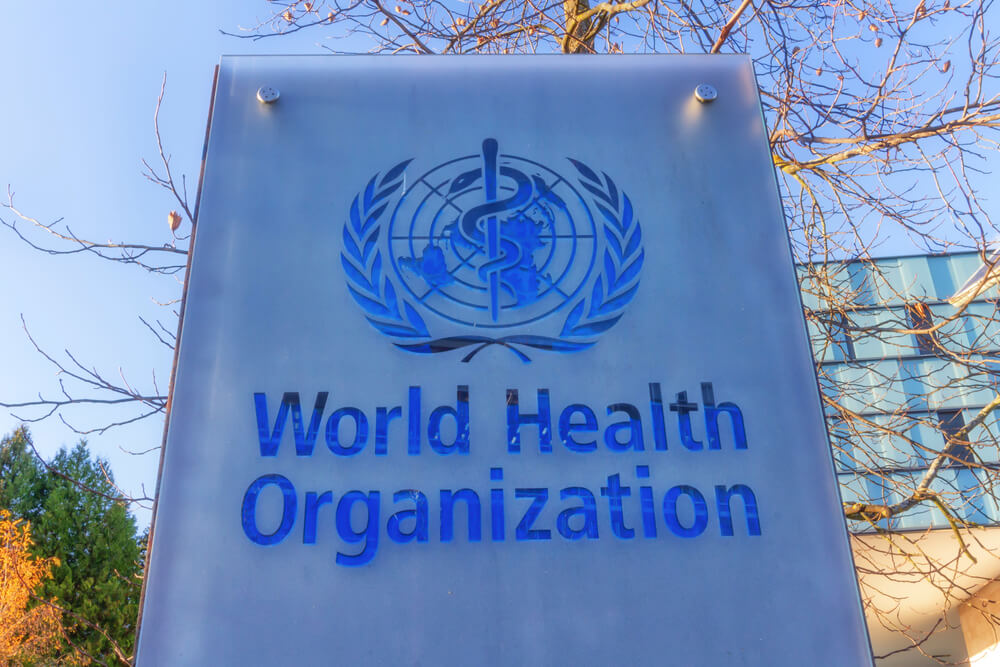Few people in the rich world would want to repeat the global shutdown seen during COVID-19 but it seems even fewer want to listen to the scientists who know how to avert another epidemic.
“Dejà vu” is how experts describe the global response to mpox, a potentially deadly infection spread through close physical contact. The World Health Organisation declared mpox a public health emergency of international concern in a growing number of other African countries on 14 August.
So far, mpox is spreading quickly in Africa, hence the lowered levels of public concern in Western countries where it was considered unlikely to take hold.
The US and European countries are scrambling to donate their big stockpiles of mpox vaccines to where it is needed, potentially leaving donor countries short should mpox spread and vaccine manufacturers fail to meet demand.
Cases have been reported in the Philippines and Pakistan while a case in Thailand and another in Sweden each concerned a person who had travelled to Africa.
“As the current epidemic unfolds, there is an undeniable feeling of déjà vu,” wrote Janeen Madan Keller and Javier Guzman of the Centre for Global Development in a recent a blog. “Global efforts are falling short of what is needed to mount an urgent, well-coordinated response to curtail the crisis.”
Vulnerable groups
After COVID-19, everyone should know about the infectious disease toolkit: surveillance, testing, treatment, vaccination. But a lack of concern has combined with enduring neglect of Africa where other diseases run rampant, such as malaria that killed over 24,000 people and measles 6,000 people last year.
An epidemic of mpox, which causes pus-filled lesions, in 2022 spread to more than 70 countries affecting mostly gay and bisexual men. In the current outbreak, a new strain known as clade Ib is spreading not only through sexual transmission but also close contact among vulnerable groups including children and pregnant women.
Donated vaccines are supposed to arrive in Africa in early September and the fear is the mobilisation will be too little too late
The latest emergency declaration for mpox must be different from the last one in 2022 when “vaccines and therapeutics were developed and made available primarily to Western countries, with little support extended to Africa,” said Cyril Ramaphosa, South African president.
Donated vaccines are supposed to arrive in Africa in early September and the fear is the mobilisation will be too little too late. Nearly 4,000 cases were reported in the week to 27 August, making a total of more than 22,800 cases and 622 deaths.
The majority of cases and deaths were in the DRC where most mpox infections are in children under 15, said the Africa Centers for Disease Control and Prevention (Africa CDC).
A health problem since 1970
Mpox has been known as a health problem in Africa since 1970. Vaccination against smallpox gives some protection but only older people aged over 50 are likely to have received the smallpox shot. There are two broad types of mpox known as clades. Clade I often causes more deaths and severe disease than clade II.
Since the response to the 2022 epidemic, “there hasn’t been a single penny of donor money invested at a global level for controlling mpox,” said WHO spokesperson Fadela Chaib back on 24 April. “So while the concerns of the world are very well noted, I don’t see the concerns of the world reflected in the investment of resources needed to actually contain this virus.”
Away from the conflict, there have been mishaps and mistakes over mpox vaccine procurement
DRC has a faltering medical infrastructure amid overwhelming challenges. More than 100 armed groups are fighting over resources and power in its mineral-rich east, where while more than 1 million people have fled the conflict and live in camps where disease spreads easily.
But away from the conflict, there have been mishaps and mistakes over mpox vaccine procurement, which is impossible for poor countries given the shot made by Denmark’s Bavarian Nordic costs $100 while the price of that of Japan’s KM Biologics is confidential.
Vaccine donations
The Africa CDC has been forced to ask for vaccine donations, which could run dry if richer countries decide they need the shots for themselves. The emergency donations are needed in part because WHO has taken a long time to authorise the Bavarian Nordic vaccine although it had been approved by other regulators. Only on 23 August did WHO relax its rules and give authorisation to partner agencies to buy the vaccines.
 The emergency donations are needed in part because WHO has taken a long time to authorise the Bavarian Nordic vaccine although it had been approved by other regulators
The emergency donations are needed in part because WHO has taken a long time to authorise the Bavarian Nordic vaccine although it had been approved by other regulators
On 26 August, the WHO launched its strategic response plan that will cost $135 million over the next six months, plus up to $150 million to buy 2 million doses of vaccine.
The first country to receive vaccines was not DRC but Nigeria, which has confirmed 40 mpox cases. It received 10,000 doses having began the process to secure them before the WHO’s emergency declaration.
The US donated the 10,000 vaccines to Nigeria. Spain so far has announced the biggest pledge of 20% of its vaccine stockpile amounting to 500,000 doses, bigger than the EU and Bavarian Nordic’s pledge of 215,000 vaccines and the US’s total of 50,000.
Mpox only adds to the many challenges facing Africa. “As a region, we must unite and encourage the rest of the world to join forces against the major threats of the 21st century, especially climate change, the next pandemic and non-communicable diseases,” said Matshidiso Moeti, outgoing WHO Africa regional director, at last week’s WHO Africa conference.